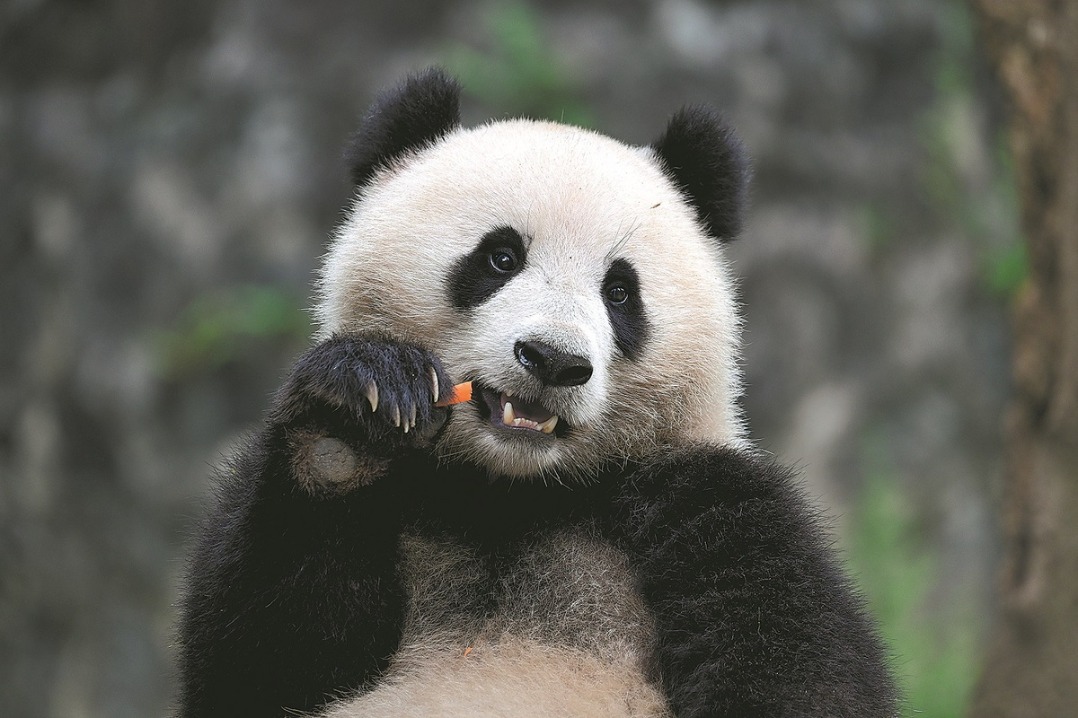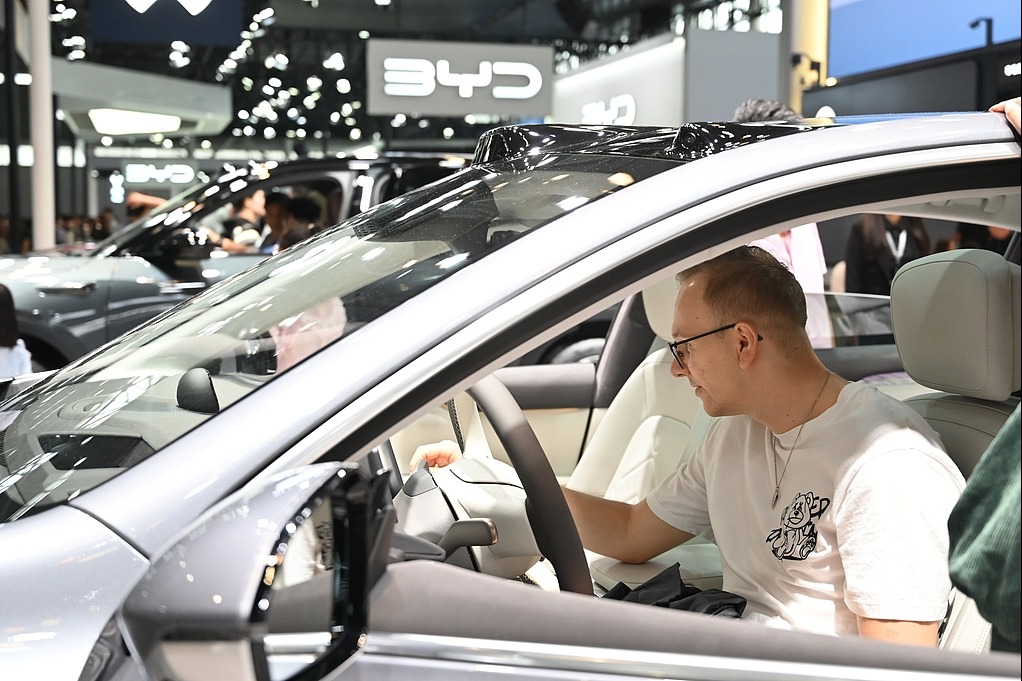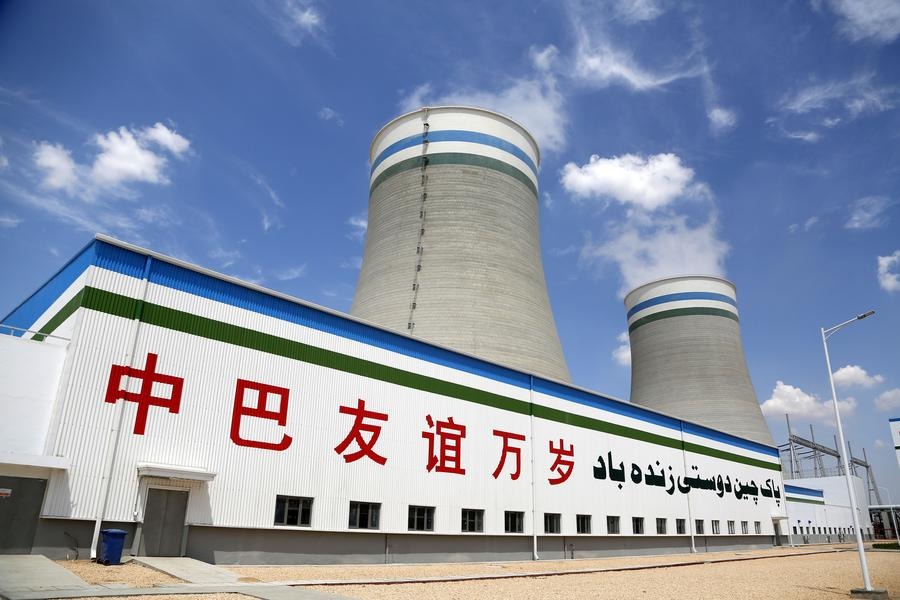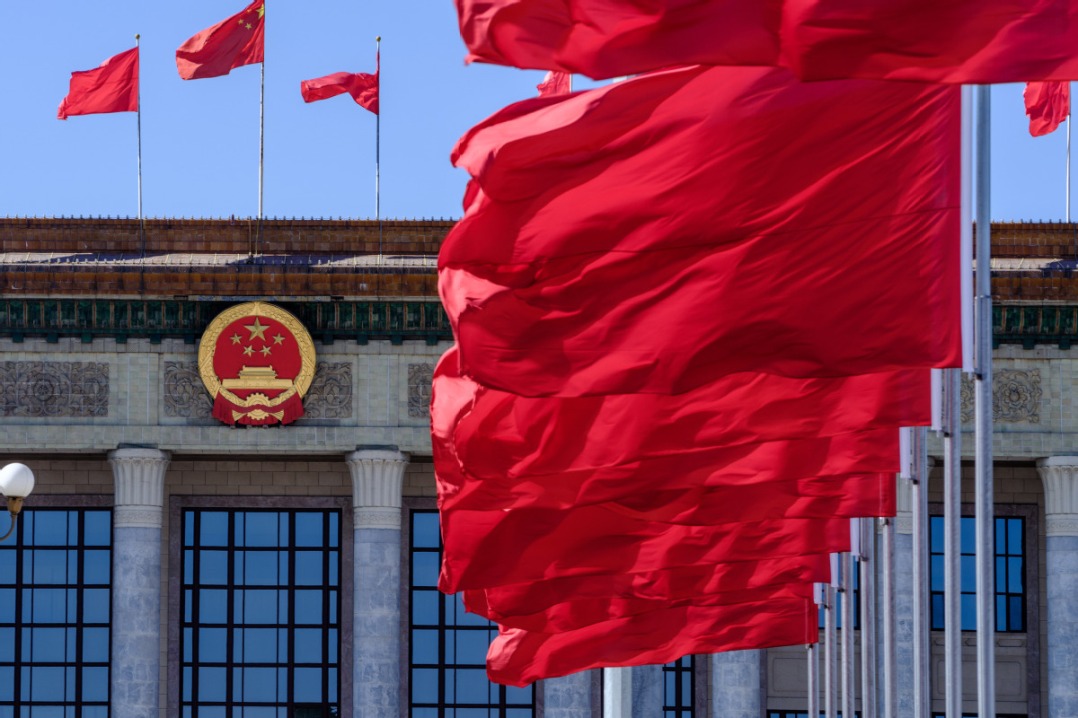Solution to EV dispute must be found to avoid breaking beneficial partnership: China Daily editorial

Despite the eight rounds of intensive talks they have held since Sept 20 in Brussels, China and the European Union have yet to reach a mutually acceptable solution to the bloc's planned tariffs of up to 45 percent on Chinese-made electric vehicles. Major differences still remain.
The current situation serves neither side's interest, given that not resolving their differences on the issue could trigger a full-blown trade war between the two major trading partners, and cause irreparable damage to their mutually beneficial cooperation.
It is the EU that should bear the blame for the dispute and the lack of progress in finding a way to end it.
The EU started the troubles by adopting protectionist measures against the Chinese EV industry on the false grounds that China has provided generous subsidies to its EV producers. Yet it has so far failed to address the core concerns of enterprises both in China and the EU, as a Ministry of Commerce spokesman said.
Moreover, the 27-state bloc has reportedly been conducting separate negotiations over the price of Chinese-made EVs sold in the EU with selected companies, a move that could "undermine the foundation of the negotiations and mutual trust".
This is in contrast to the utmost sincerity and flexibility China has shown during the talks, as evidenced in the many "pragmatic and constructive" solutions the country has proposed to address the EU's concerns.
China has always valued its trade partnership with the EU, and sought to resolve its trade disputes with the bloc through dialogue and consultations. The country has reportedly proposed a minimum price of 30,000 euros ($32,950) for imported EVs made in China to be sold in the EU. But this practical proposal was rejected by Brussels, which insists that is not doing enough to protect European EV makers. Beijing has therefore been seeking to negotiate an alternative to tariffs that would involve some form of "flexible pricing commitment", according to reports.
The success of China's green industries including its EV industry has been built on technical innovation, fair market competition and the country's complete industry and supply chains. It has nothing to do with so-called government subsidies, as the EU has wrongfully presumed.
Moreover, Chinese-made EVs now account for only about 8 percent of new sales of EVs in the EU, posing no substantial threat to the development of local EV industry.
The confrontational approach the EU has adopted targeting Chinese-made EVs and other industries — Brussels is also probing Chinese "subsidies" for solar panels and wind turbines — seems more like an effort by the China hawks in some of the EU member states to toe the "de-risking from China" line of the United States, rather than a serious move to address the problems that many European automakers face such as high costs and lack of innovation.
In particular, European Commission President Ursula von der Leyen, in the name of reducing the risks posed to Europe by China, has claimed the bloc must seek to "rebalance" the relationship and reduce the EU's reliance on China in high-tech sectors and key minerals.
Such a strategy runs counter to the basic norms governing the market economy, such as free trade and fair competition, on which the EU has long built its economic success, and risks turning the EU into an obedient "US follower" at the expense of its own interests.
In the face of the EU's increasing crackdown on Chinese high-tech industries, Beijing has vowed to protect the legitimate interests of Chinese enterprises. After the bloc voted to impose tariffs on Chinese-made EVs, the Ministry of Commerce announced that preliminary findings of an investigation had determined that the dumping of brandy by the EU threatens to cause "substantial damage" to China's own brandy sector. The escalation of tensions does not bode well for the development of stable and healthy China-EU economic relations.
The EU should exercise "strategic autonomy" in its economic ties with China, rather than being led astray by Washington, so as to prevent a "lose-lose", tit-for-tat trade war from happening.


































